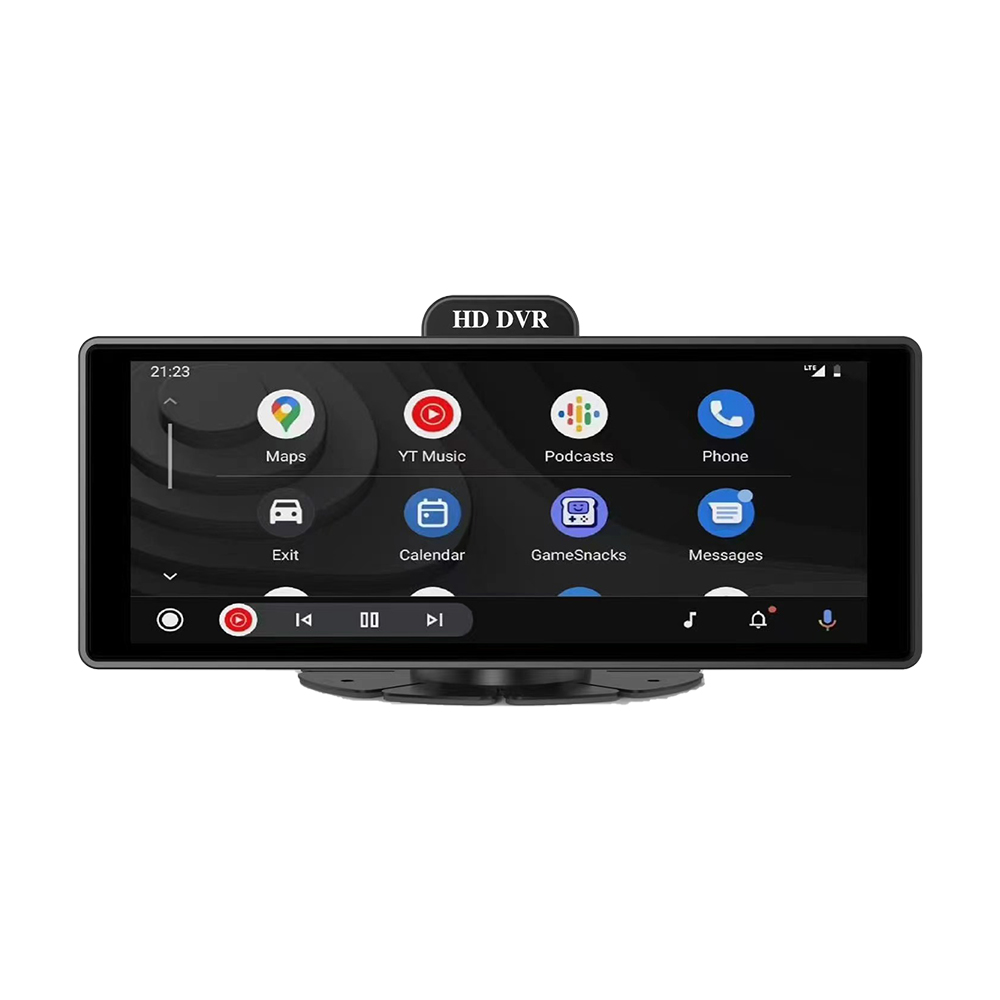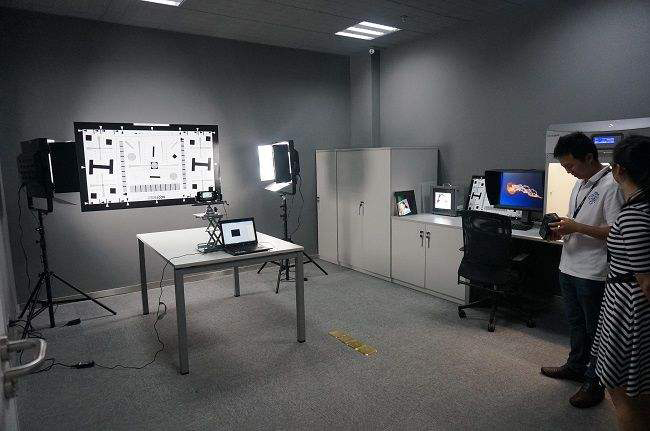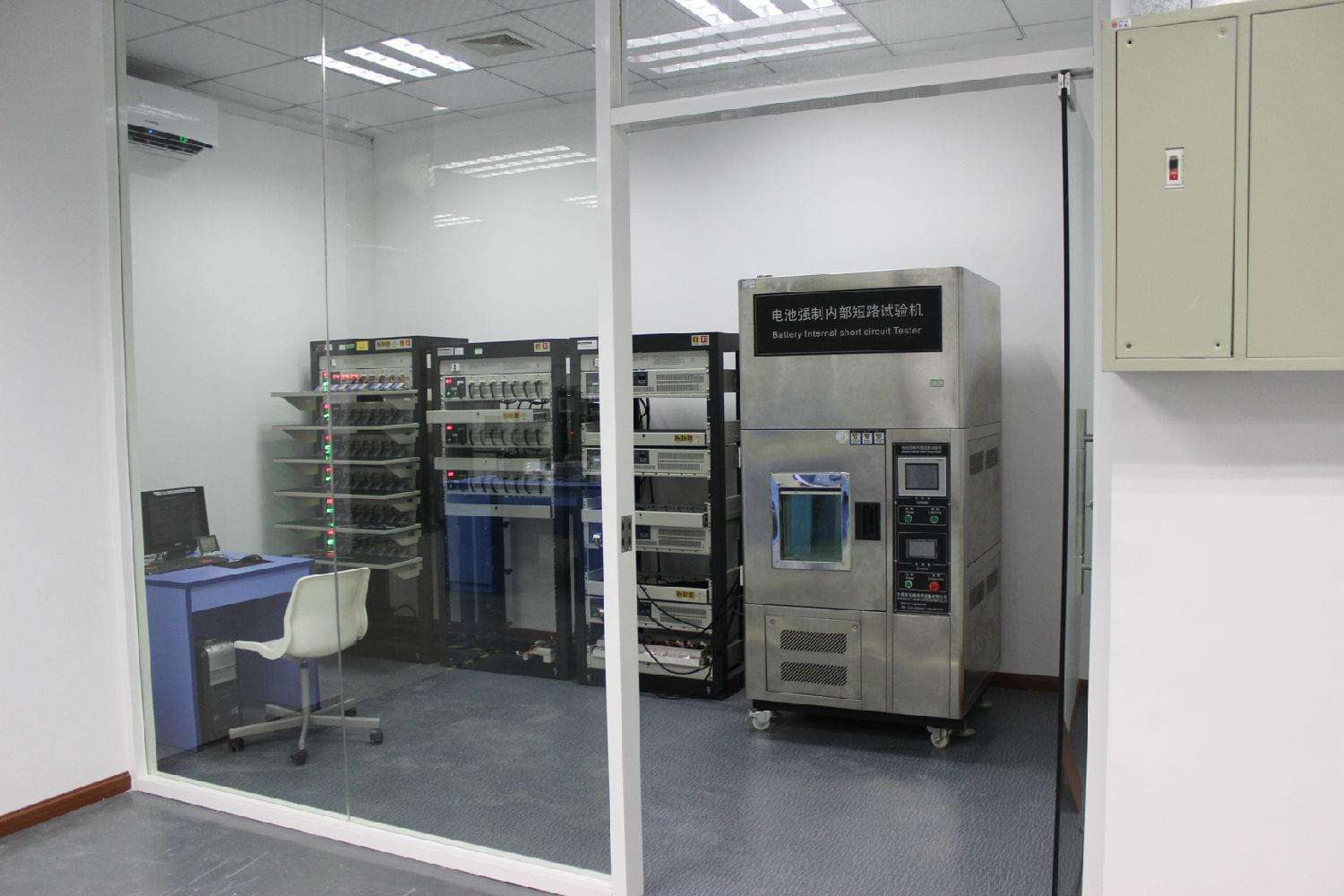When it comes to continuous HD recording, determining the ideal storage capacity is crucial to ensure uninterrupted video capture and storage. The amount of storage required depends on several factors, including the duration of recording, video resolution, frame rate, and compression format. Let's explore the key considerations to help you determine the storage capacity needed for your specific requirements.
The duration of continuous 4k HD recording plays a significant role in determining storage requirements. Calculate the total recording time you need before the storage loop begins anew. For example, if you require 30 days of continuous recording, with each day consisting of 24 hours, you would need to plan for a minimum of 720 hours of footage.
The video resolution also impacts the storage capacity needed. Higher resolutions such as 1080p or 4K require more storage space compared to lower resolutions. Higher resolutions capture more details but consume more storage. Evaluate your specific needs to strike a balance between video quality and storage capacity.
The frame rate, measured in frames per second (fps), determines the smoothness of recorded videos. Higher frame rates provide smoother footage but require more storage capacity. Consider your requirements and the level of detail you need to decide the optimal frame rate. The most common frame rates for HD recording are 30 fps and 60 fps.

The compression format used for storing video footage impacts the storage capacity required. Different compression formats have varying degrees of data compression, influencing the overall file size. Popular compression formats like H.264 or H.265 efficiently reduce file sizes without significant loss in video quality. Familiarize yourself with different compression formats and choose one that strikes a balance between storage efficiency and video quality.
To calculate the storage capacity needed, use the following formula:
(Recording time in hours) x (bitrate per hour) / (8 bits per byte) / (1024 megabytes per gigabyte) = (required storage capacity in gigabytes)
Ensure to consider all the factors mentioned above when calculating your storage capacity needs. Remember to account for any potential expansion or additional requirements that may arise in the future.

Choosing the right storage capacity for continuous HD recording is essential to maintain uninterrupted video capture. Consider factors such as the duration of recording, video resolution, frame rate, and compression format to accurately determine the required storage. By understanding your specific needs and utilizing the formula provided, you can ensure that you have the appropriate storage capacity to support continuous HD recording.
 Having over ten years of experience in the manufacturing of tachographs
Having over ten years of experience in the manufacturing of tachographs
 Provide over 20 private mold designs, focusing on independent research and desig
Provide over 20 private mold designs, focusing on independent research and desig
 Over 10 years of R&D and QC experience
Over 10 years of R&D and QC experience